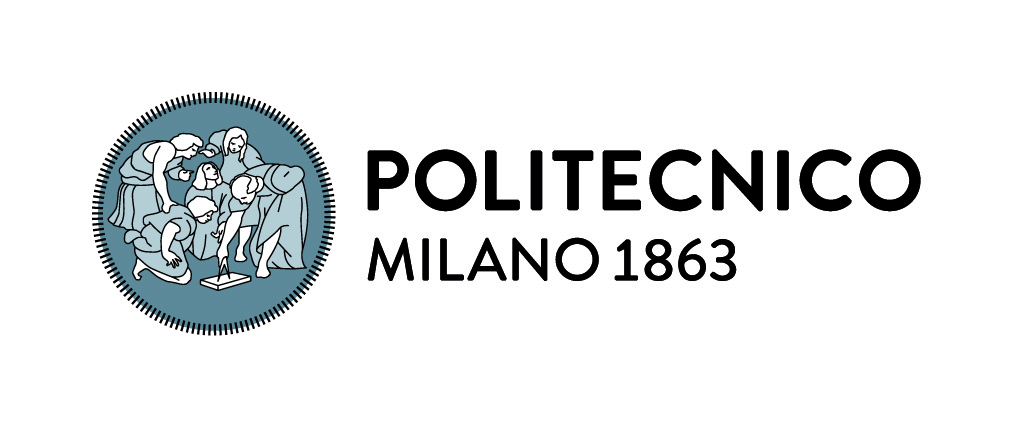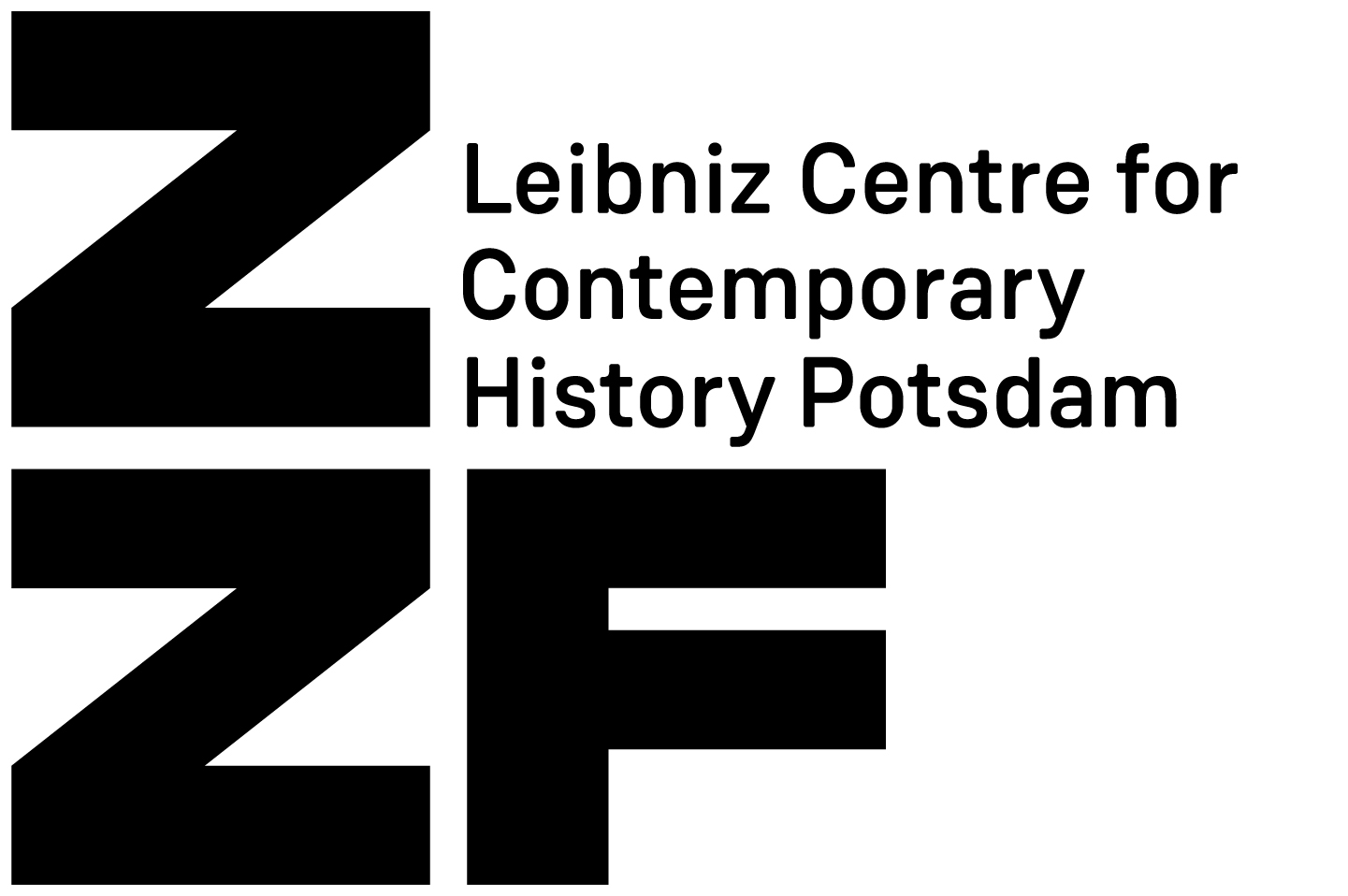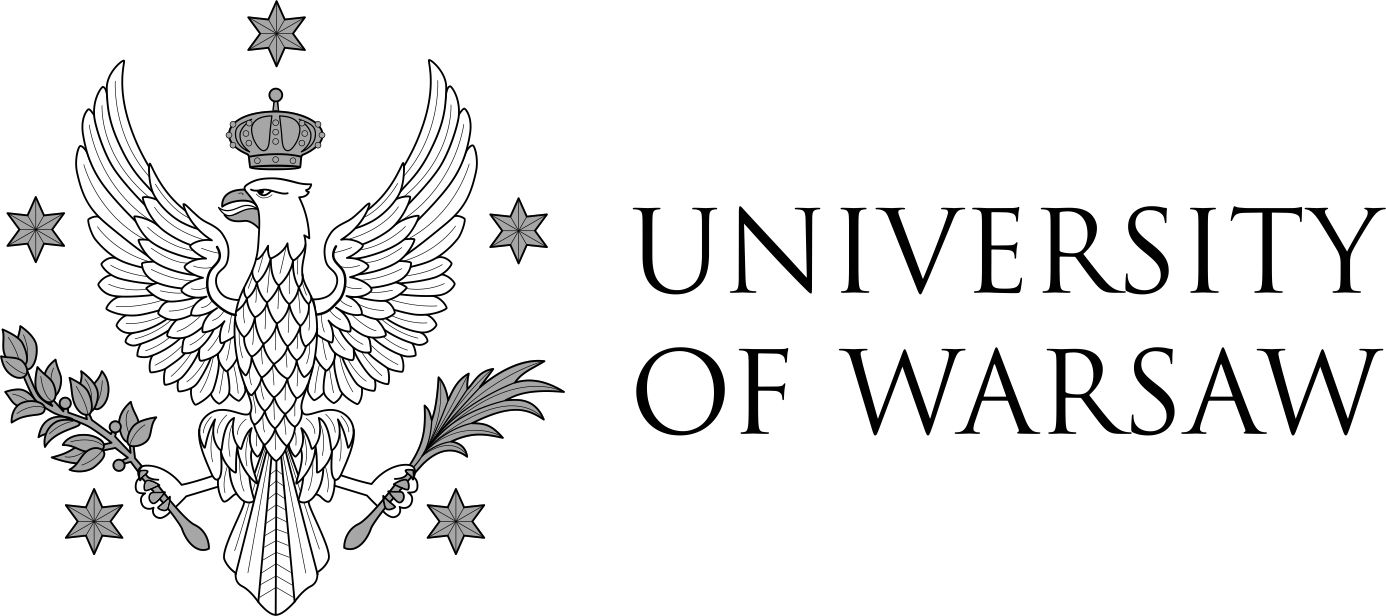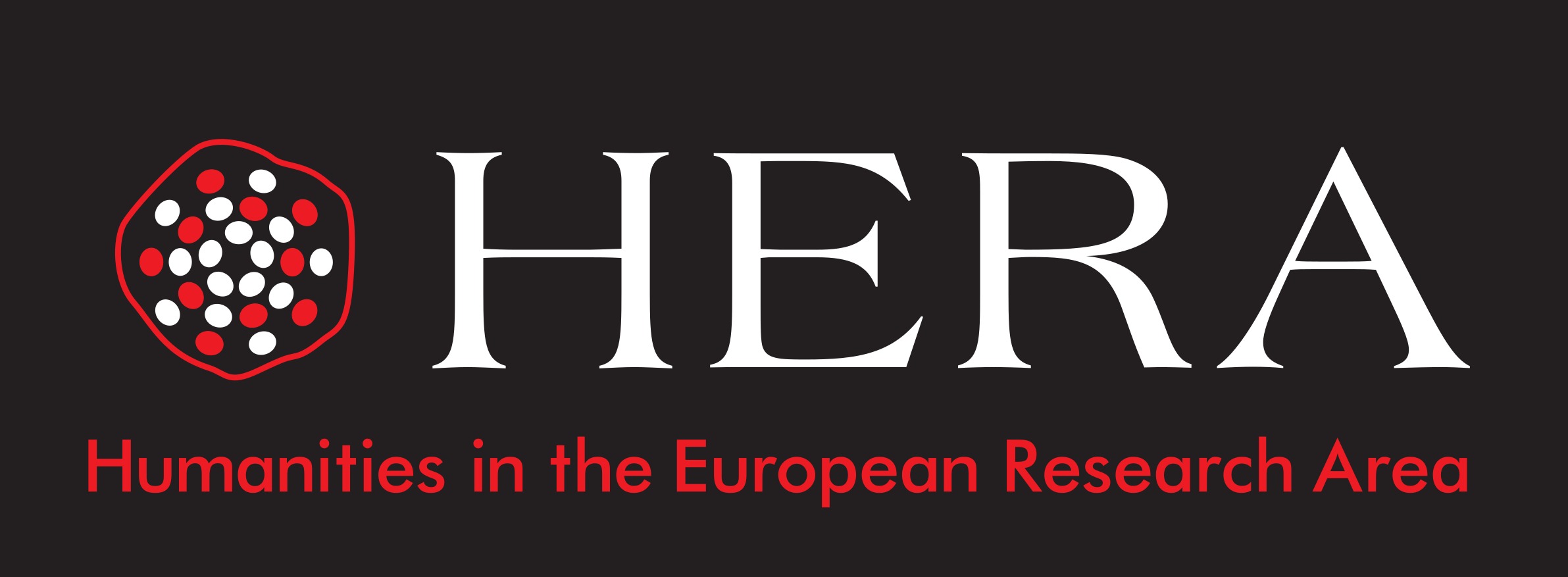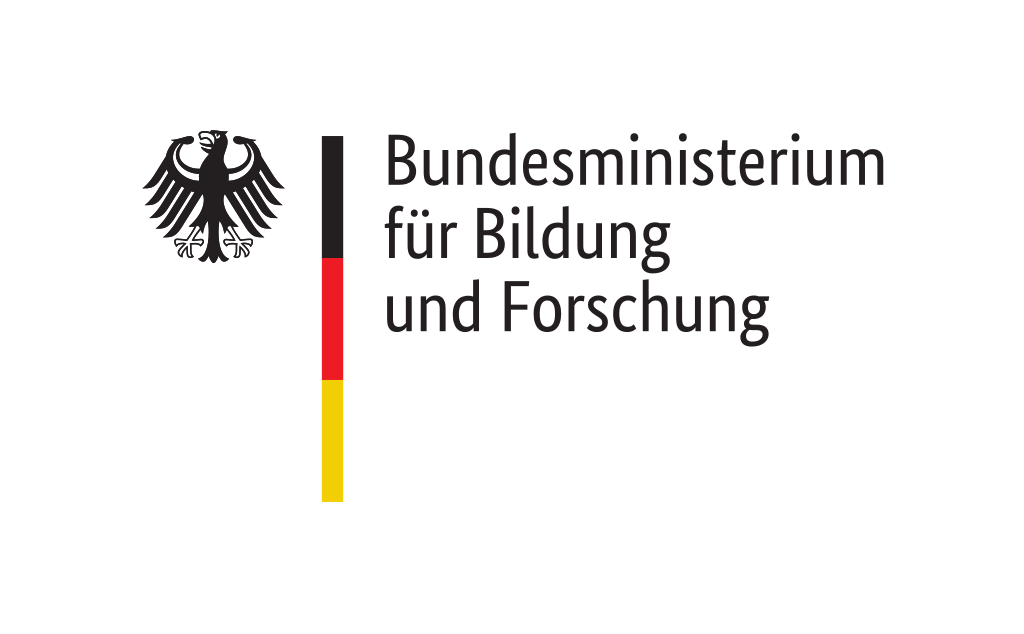University of Warsaw
The WU team use sociological and anthropological methods to offer perspectives on minority religious and ethnic group migrant community strategies to negotiate their place within the post‐socialist city. Their focus is on the place of Vietnamese, Ukrainian and Muslim communities in Poland and will involve participatory research methods, discourse analysis on traditional and social media narratives, and a ‘from‐below’ perspective on ethnographic observation of events and activities of religious centres, migrant associations and informal networks.
Dr Grazyna Szymanska‐Matusiewicz, Dr Joanna Wawrzyniak, Dr Małgorzata Głowacka‐ Grajper andKrzysztof Kardaszewicz investigate strategies undertaken by migrant communities in Poland to negotiate their place in an ethnically and religiously homogenous society, focusing on Warsaw and Wólka Kosowska (an emerging ‘edge city’). They focus on a reconceptualization of ‘local community’ entailed as a result of unexpected transformations of homogenous suburban landscapes by the presence of migrant groups. Looking particularly at religious and cultural centres of Ukrainian, Vietnamese and Muslim communities, where different practices of cultural encounters and negotiation of identities occur, they emphasise the religious character of such institutions, as interesting cases (re)articulating space within a predominantly Catholic place. Migrant religious institutions have to act in a space dominated by signs, symbols, heritage and memory culture of another religion, the research will analyse how they do so in accordance with the goals of their own communities, while simultaneously negotiating narratives of ‘crises’ within the dominant society. Religious centres can be seen as an output of migrant activism in terms of creating a distinctive space for performing religious/national/ethnic identities, but also as a shared space for dialogue and integration with wider society. Religious centres are also significant in playing different roles as potential catalysts for changes in how space and heritage are perceived within wider society, particularly within contemporary European and national narratives of ‘crisis’ connected to rapid social change.
Dr Grazyna Szymanska-Matusiewicz (PI)

- Assistant Professor (Adiunkt)
- University of Warsaw
- Email: szymanskag@is.uw.edu.pl
Dr Joanna Wawrzyniak (Co-I)
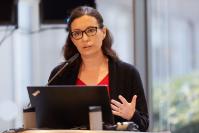
- Assistant Professor (Adiunkt)
- University of Warsaw
- Email: wawrzyniakj@is.uw.edu.pl
Dr hab. Małgorzata Głowacka-Grajper (Co-I)
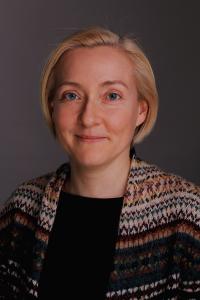
- Assistant Professor (Adiunkt)
- University of Warsaw
- Email: glowackam@is.uw.edu.pl
Krzysztof Kardaszewicz

- Post-doctoral Researcher
- University of Warsaw
- Email: k.kardaszewicz@uw.edu.pl


